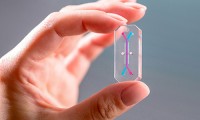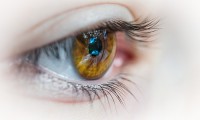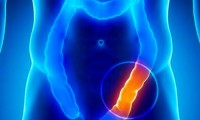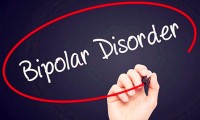-
Researchers develop new technology platform for cancer immunotherapy
- Source: immunotherapies
- 735
- February 27, 2018
-
Cedars-Sinai, Emulate partner to give precision medicine a boost with organs-on-chips tech
- Source: Healthcare IT News
- 941
- February 27, 2018
-
Using “Nanodrops” to Repair Corneas Could Ultimately Replace Glasses
- Source: Futurism
- 758
- February 26, 2018
-
Gut bacteria helps fight off sepsis in mice
- Source: fiercebiotech
- 873
- February 24, 2018
-
Indian engineers build solar device to treat infant jaundice at home
- Source: greenubuntu
- 698
- February 24, 2018
-
How Precision Medicine is breaking off Chokehold on Healthcare with Big Data
- Source: dexlabanalytics
- 836
- February 23, 2018
-
Major study backs efficacy of antidepressants
- Source: pharmatimes
- 780
- February 23, 2018
-
EKGs May Determine Major Depression or Bipolar Disorder
- Source: bphope
- 998
- February 14, 2018
your submission has already been received.
OK
Subscribe
Please enter a valid Email address!
Submit
The most relevant industry news & insight will be sent to you every two weeks.













